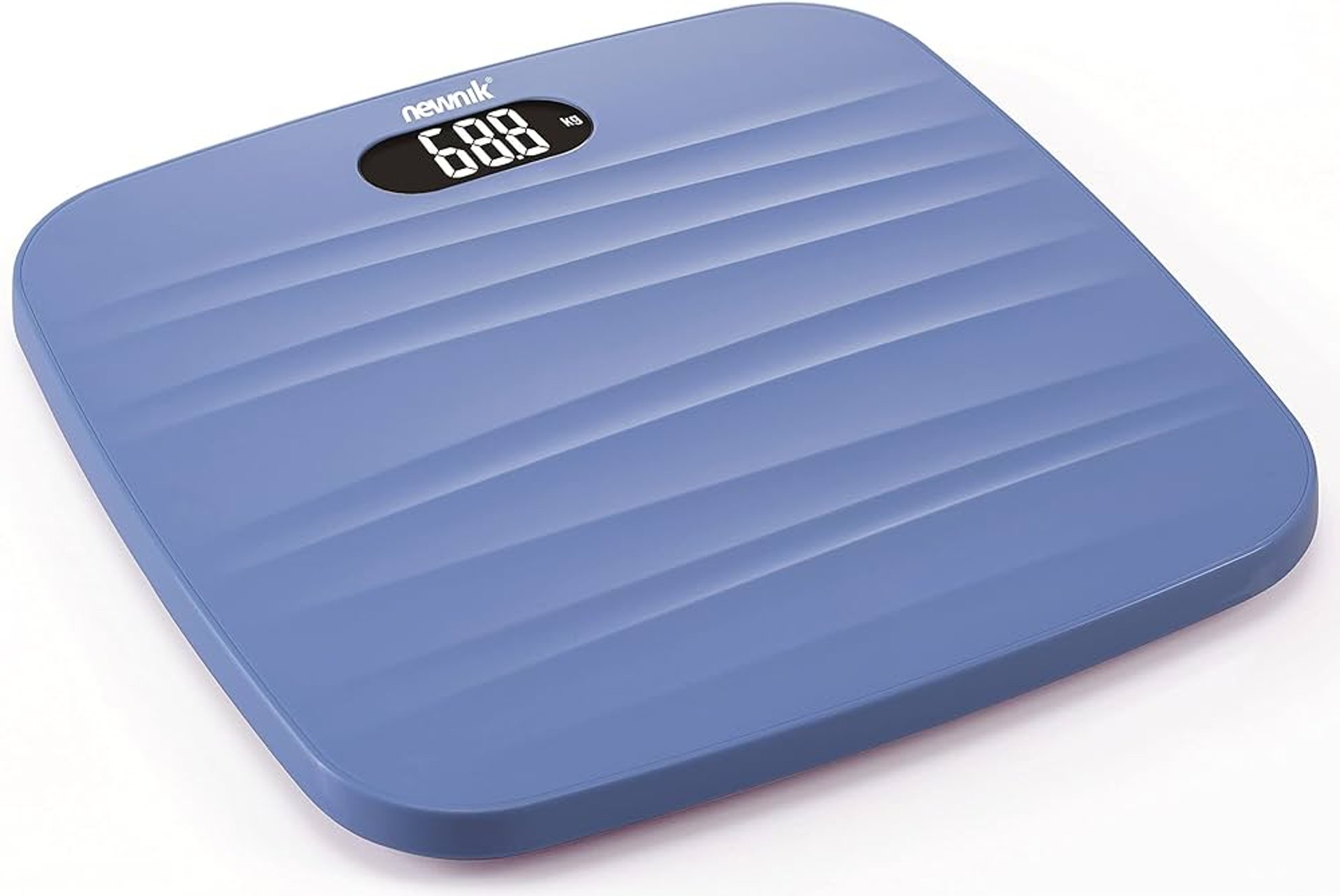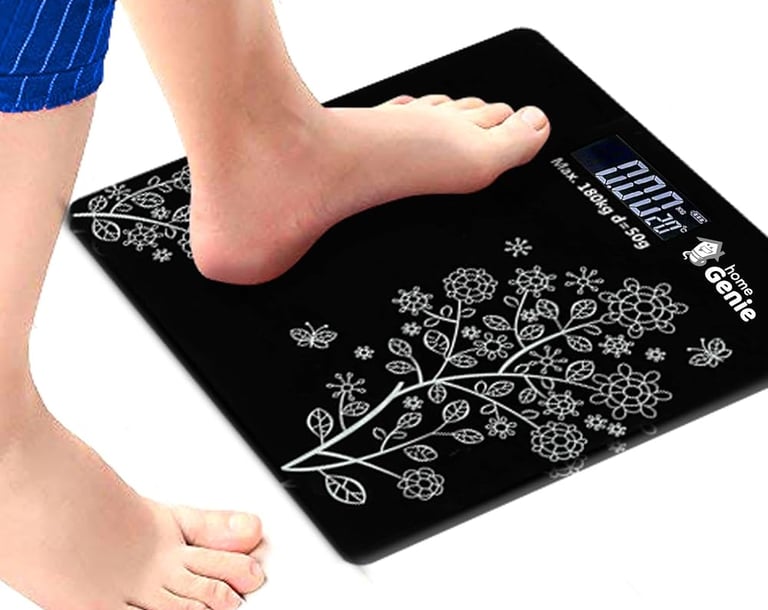
Digital Personal Weighing scale - A Boon to Human Health
Digital weighing scales used to monitor personal weight are highest selling tools in the market today . These are highly advanced with reliable results and incredibly simple operation


Exploring the Cutting-Edge Personal Weighing Scales of Today: Innovations for Homes, Hospitals, Gyms, and Beyond
In today's world, personal weighing scales have evolved far beyond their traditional role of simply measuring weight. They have become advanced devices equipped with cutting-edge technologies that cater to diverse needs in homes, hospitals, gyms, and various other settings. These modern scales not only provide accurate weight measurements but also offer a range of features that enhance health monitoring, fitness tracking, and overall wellness management. Let's delve into the fascinating advancements and technologies that characterize these new-age personal weighing scales.
Evolution of Personal Weighing Scales
Personal weighing scales have undergone a significant transformation over the years, driven by advancements in technology and the increasing demand for comprehensive health monitoring solutions. What once were basic mechanical scales have now been replaced by digital scales that offer precise measurements and a plethora of additional functionalities.
Technologies Used in Modern Personal Weighing Scales
1. Digital Sensors and Load Cells
Modern scales utilize digital sensors and precision load cells to accurately measure weight. These components ensure consistency and reliability in weight readings, making them far superior to older mechanical scales.
2. Body Composition Analysis
One of the key advancements in personal scales is the integration of body composition analysis technologies. These include:
- Bioelectrical Impedance Analysis (BIA): Measures body fat percentage by sending a low-level electrical current through the body.
- Dual-frequency BIA: Provides more accurate readings by analyzing different body tissues separately, such as muscle mass and water content.
- Air Displacement Plethysmography (ADP): Uses air displacement to measure body density and calculate body fat perce
3. Connectivity and Smart Features
Modern scales often come equipped with Bluetooth, Wi-Fi, or other wireless connectivity options. This enables seamless integration with smartphones, tablets, or computers, allowing users to track their weight and other health metrics via dedicated apps or cloud-based platforms. Some advanced features include:
- Mobile App Integration: Allows users to track weight trends, set goals, and receive personalized insights based on their measurements.
- Cloud Storage: Stores data securely in the cloud, ensuring accessibility from any device and facilitating long-term tracking and analysis.
4. Multi-user Profiles and Recognition
Many advanced scales support multiple user profiles and can recognize users automatically based on past measurements. This feature is particularly beneficial in households or fitness centers where multiple individuals use the same scale.
5. Additional Health Metrics
Beyond weight, modern scales can measure and track various health metrics, including:
- Body Mass Index (BMI): Calculates BMI based on weight and height to assess overall body fatness.
- Muscle Mass: Estimates the percentage of muscle mass in the body.
- Bone Density: Some scales can estimate bone density, providing insights into skeletal health.
6. Design and User Interface
Today's scales come in sleek, modern designs with user-friendly interfaces. They often feature large, easy-to-read displays and touch-sensitive controls for enhanced usability.
Applications in Different Settings
1. Homes
Personal scales in homes help individuals monitor their weight, track fitness progress, and manage overall health goals conveniently from home. The integration of smart features and connectivity makes them a valuable tool for health-conscious individuals.
2. Hospitals and Clinics
In medical settings, advanced scales are used not only for routine weight monitoring but also for assessing body composition and tracking changes in patients' health over time. These scales play a crucial role in managing chronic conditions and guiding treatment plans.
3. Gyms and Fitness Centers
Fitness enthusiasts and athletes benefit from scales that provide detailed body composition metrics. These scales help track muscle gain, fat loss, and overall fitness improvements, empowering users to adjust their training and nutrition strategies accordingly.
BUILT MATERIAL : These scales are available in wide range of built types from Metal , Glass , wood and stainless steel . In the modern world of decor and aesthetics these scales now add value to the place they own.
Conclusion
The evolution of personal weighing scales reflects the increasing emphasis on health monitoring and wellness management in today's society. From basic weight measurement devices to sophisticated health assessment tools, these scales have become integral to maintaining a healthy lifestyle. Whether at home, in hospitals, gyms, or other environments, modern personal weighing scales with their advanced technologies offer unparalleled accuracy, functionality, and convenience. As technology continues to advance, we can expect even more innovative features to further enhance the capabilities of these essential health monitoring devices.
In embracing these advancements, individuals can take proactive steps towards better health and well-being, supported by the insights and data provided by these highly advanced personal weighing scales.
